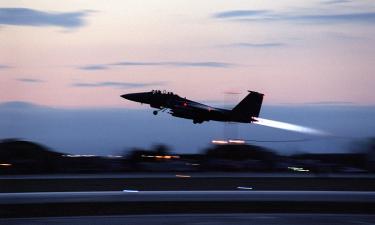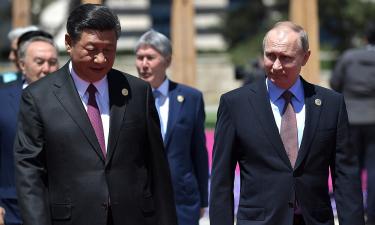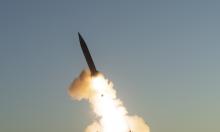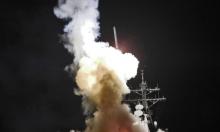Soviet Union and Russia lost 25,000 military men in foreign countries
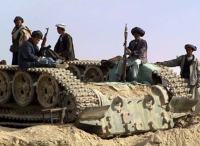 On February 15th, Russia is celebrating the Day of Remembrance of the Russians who Served Abroad. Previously, Russia marked the day of February 15th as the Day of Warrior the Internationalist. The withdrawal of Soviet troops from Afghanistan ended 22 years ago.
On February 15th, Russia is celebrating the Day of Remembrance of the Russians who Served Abroad. Previously, Russia marked the day of February 15th as the Day of Warrior the Internationalist. The withdrawal of Soviet troops from Afghanistan ended 22 years ago.
On February 15th, 1989, at 10:30, the commander of the 40th army, Lieutenant-General Boris Gromov became the last warrior of the Soviet troops to have crossed the bridge across Amu-Darya River, on the border between the USSR and Afghanistan.
For some reasons, official data about the losses in Afghanistan change from year to year. For the first time, the gruesome statistics appeared in the Pravda newspaper in August of 1989: 13,833 people.
The number of human losses started growing afterwards. People continued to die from consequences of injuries and diseases. As of January 1, 1999, irrecoverable losses in the Afghan war were estimated as followed. The Soviet Army - 14,427 people, the KGB - 576 people, the Interior Ministry - 28. Total - 15,051 people. Sanitary losses were estimated at nearly 54,000 wounded, contused, traumatized and 416,000 sick people.
According to Vladimir Sidelnikov, a professor of St. Petersburg Military and Medical Academy, the final results did not take account of those who died at hospitals on the territory of Russia. The research of the Afghan war, which was conducted by officers of the General Staff under the direction of professor Valentin Runov, said that nearly 26,000 Soviet warriors had been killed in the war. The number includes those who had been killed in combat action, and those who died from wounds and injuries.
The term 'Afghan syndrome' appeared soon after the war ended. Today, the definition of this term is somewhat different. Veterans of the Afghan war can be found in many modern-day patriotic clubs and military sports organizations. Nowadays, former warriors of the Soviet contingent are busy with raising young generations. They give young men lessons of brotherhood and true men's friendship. The war in Afghanistan did not have any economic, military or political results. Educational results of that war are still extremely important.
Very little is known about other wars, which the USSR was waging in other countries. The new memorable date, which Russia celebrates on February 15th, is not about the Afghan war alone. After the end of the Great Patriotic War, as many as 1.5 million Soviet citizens took part in over 30 wars and armed conflicts outside the country. Soviet soldiers and officers took part in combat actions in Korea, Vietnam, Syria, Egypt, Mozambique, Angola and other countries. Russian military men were putting down the flames of war in the republics of the former USSR, maintaining peace in Yugoslavia, and saving the people of South Ossetia from genocide. As many as 25,000 Russian citizens were killed in combat operations abroad in total.
Nearly 11,000 Soviet military men served in Angola (Africa) during the period of official military cooperation between the USSR and Angola from 1975 to 1991. The Soviet Union was assisting Angola in the construction of its national army. Soviet military men would often have to live in tents and dug-outs, suffering from the shortage of water, electricity, food and medical supplies. However, the Angolan army became quite a competition for the most battle-worthy army in Africa - the army of the South African Republic. This became possible owing to thousands of Soviet officers and generals, who worked in Angola.
It is generally believed that the USSR lost 54 men in the war in Angola during the period of up to 1991. Ten people were wounded. This is official information, which does not take account of the losses among civil specialists. Many of those who died in that war were subsequently registered as either "died of natural causes" or "died of tropical diseases." There is every reason to believe that the number of Soviet citizens killed in Angola is a lot larger. The exact number is still unknown - the archives on the military cooperation with Angola are still closed.
Andrei Mikhailov
Pravda.Ru
Subscribe to Pravda.Ru Telegram channel, Facebook, RSS!
